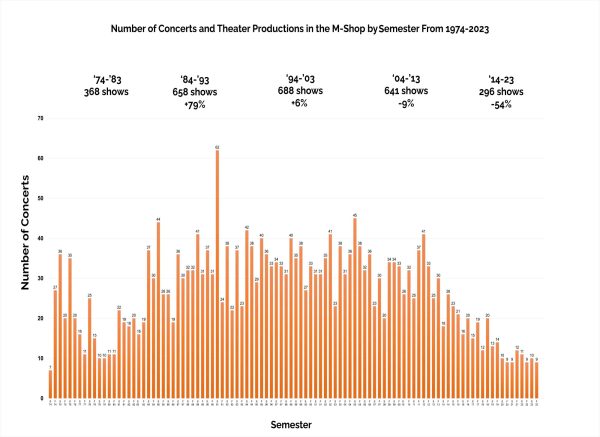Problems with productivity culture
October 13, 2020
As 2020 has progressed, many of our work lives have shifted from the office to our home desks. With seemingly “more time” on our hands, many have felt a pressure to create twice as much as they ever have.
“There are a certain number of things people need to be psychologically happy,” said Robert Hessling, associate teaching professor of psychology. “One is the need to be connected to people, which is relatedness; another is control, which is autonomy; and the other one is competence. One thing about quarantine is that many people will have trouble satisfying their relatedness and control needs, so the only real need people have left is competence. This leads to more stress as many feel they need to be doing something of value.”
The United States has always been a country that puts an emphasis on productivity. For many, the idea of producing something of value is often an idea that can give your life meaning or purpose. However, this can often lead to people putting work as one of the sole items of importance in their lives. Without a certain balance, the work-life relationship can have quite negative effects on the everyday lives of individuals.
“It’s like the hedonic treadmill,” said Joydeep Bhattacharya, professor of economics. “You’re running twice as fast to stay in the same spot. It’s often that others are moving ahead or you perceive them as moving ahead, so you start feeling that you need to take on more to get to the same place.”
This idea of constant productivity can become even more stressful when it is combined with the modern thought process that every hobby or side hustle should be bringing you extra income.
Though many have found success in starting small businesses or using their talents to make extra money, for some, the idea that you should be taking what you love and making it your job can be incredibly stressful. It can become especially difficult when you do try to make your hobby a job and it doesn’t work out.
“I think this idea has to do with the idea that we should do what we love for work,” said Pallavi Santhosh, junior in electrical engineering. “I think this is a great concept, but it creates pressure that we should all be able to do that when it isn’t realistic, and some people would prefer to keep their work and personal life separate.”
However, the stress of turning your pastimes into extra money may not only be due to societal pressures. With COVID-19 taking many people’s day jobs, some individuals may feel that in order to be financially stable, they must have multiple streams of income.
“The general economic uncertainty has been very high,” Bhattacharya said. “So if you are a good writer or artist, you may want to hedge your bets because your day job may be in jeopardy. I know people who lost their jobs and are essentially living off their second activity.”
When individuals allow themselves to believe the idea that they should always be doing something, it can often create feelings of guilt or shame.
For many, taking time out for themselves may be important, but oftentimes, individuals will skip out on it simply because they feel they should be using that time for more important projects. This never-ending pressure to constantly be doing something of value has created a cycle that, for many people, can seem almost impossible to break.
“It’s hard,” Santhosh said. “Sometimes I’m overwhelmed with school and work, and I will take a day to relax, but even when it makes me feel better, I often guilt myself afterwards about having taken time to destress.”

















